Understanding SEER Ratings: Choosing the Right AC for Your Summer Needs
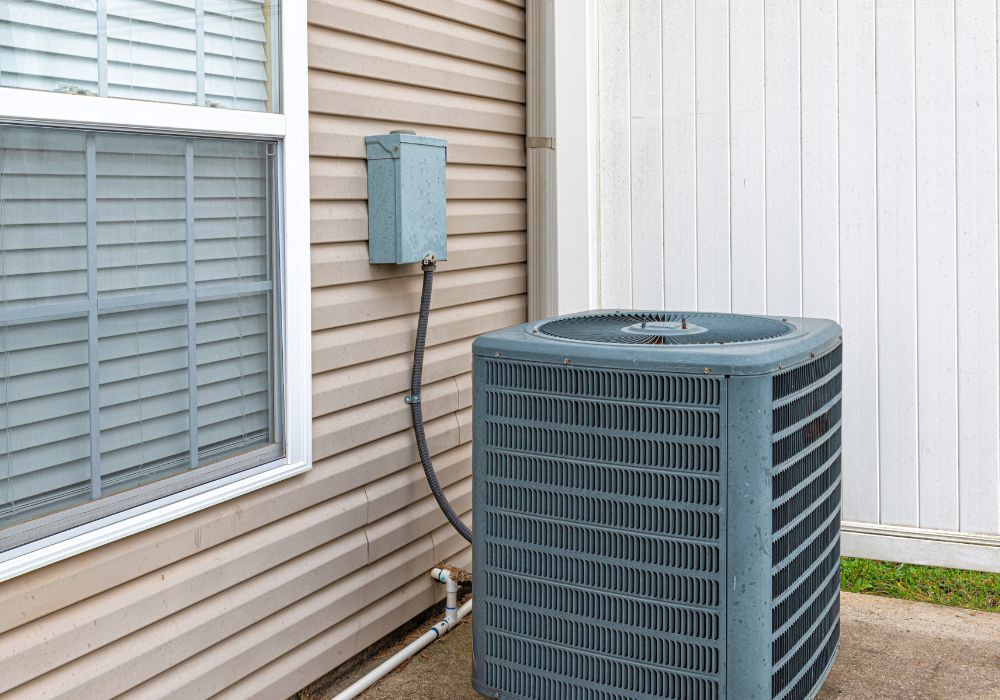
Table of Contents
ToggleWhen the Las Vegas summer sun is at its zenith, sending down heat waves and making you wish for a brisk escape, an air conditioner (AC) becomes truly a necessity rather than a luxury. As the temperature keeps rising, so do our summer cooling needs. But using just any AC won’t do the trick.
Not all are created equal, meaning the duty of making the right choice can be quite confusing with infinite options available on the market. Luckily, you can read this guide and make the right, informed decision. The magic word you need to keep an eye on is Seasonal Energy Efficiency Ratio or SEER ratings.
Your Journey Towards Chill Summers
Buying an AC is a significant investment. That is why we prioritize guidance and education to help you make the ideal choice for your home and workplace.
Our goal is to deliver an energy-efficient AC that will satisfy your summer cooling needs, ensuring solid savings on your energy bills over time. A major part of this journey is understanding the Seasonal Energy Efficiency Ratio, or as you may know it, SEER rating. So let’s break it down and find out how it affects you when choosing AC.
SEER Ratings: Uncovering the Enigma
In simple words, SEER ratings measure an air conditioner’s efficiency during the usual cooling season. The ratio is determined by dividing the unit’s cooling output over a typical cooling season by the energy it uses in Watt-Hours. Basically, if you want a more efficient AC, you need to go for those with a higher SEER rating.
To paint a better picture, you can imagine miles per gallon (MPG) in a car. A higher MPG means less gas consumption during your car trip. In comparison, an air conditioning system with a high SEER rating produces more cooling for each unit of energy used, making it more cost-effective and energy-efficient in the long run.
Deciphering SEER Ratings When Choosing AC
As you set off on a choosing AC adventure, SEER ratings are the closest thing to a compass. They lead you toward airconditioning units that deliver maximum cooling with minimum energy consumption and, ultimately, a lower electricity bill.
A minimum SEER rating of 13 has been set since January 2015 by the U.S. Department of Energy for air conditioners sold in most parts of the nation. In hotter regions like the South and Southwest, the minimum SEER is 14. However, since 2023 and the introduction of SEER 2, these minimums changed to 14 and 15, respectively.
To break it down for you, look at this list:
- 13-15 SEER – Good
- 16-19 SEER – Better
- 19-24 SEER – Best
If you’re looking for top-notch efficiency units, some energy-efficient AC systems offer SEER ratings up to 26!
Benefits of a High SEER Rating
If you are still not convinced whether high SEER is worth it, we prepared these key benefits, so when the time for choosing AC comes, you are armed with knowledge.
More SEER = Less Humidity
High-efficiency cooling systems are far more effective in removing excess moisture from the indoor air. This can mitigate mold issues and other airborne contaminants.
High SEER = Environment Friendly
Energy-efficient AC cooling units burn less fossil fuel and release fewer greenhouse gasses.
Higher SEER = Lower Energy Bills
The less energy your air conditioning unit has to spend in order to cool down your residence during the notorious Vegas summers, the fewer digits you will see on your monthly bill. That kind of seals the deal in our book.
Digging Deeper Into Your Summer Cooling Needs
Your summer cooling needs are built upon various factors, including the size and location of your house, the amount of insulation in your home, the number of heat-generating appliances, and even the number of people living in the house. Don’t hesitate to consult a professional HVAC technician to help you navigate and make the most informed decision.
It’s not just about cooling your space but doing so efficiently, sustainably, and economically. Professionals like those at Summit will guide you along this journey, offering their expertise and making sure you end up with the most beneficial choice for yourself.
What Lies Beyond The SEER Horizont
SEER ratings are, without a doubt, a fundamental factor when choosing an air conditioning unit; however, they are not the sole determinant. Various elements, like the unit’s size, the quality of the AC’s installation, and the amount of insulation in your home, can noticeably influence the cooling system’s efficiency and performance.
An oversized AC unit, for example, even with a high SEER rating, can turn out inefficient—it may cool the area faster, but it won’t dehumidify the air properly, ultimately leading to a damp environment. On the other hand, an undersized unit won’t succeed in providing optimal cooling, leading to discomfort. So making the right choice with all factors included is imperative.
In addition, quality installation and professional maintenance are also crucial factors in ensuring the longevity and high performance of your air conditioning unit.
Keep It Cool With Summit
Choosing AC that best fits your summer cooling needs requires balancing between several aspects—SEER ratings, recognizing your unique needs, and considering the Vegas blazing sun are just of them. Here at Summit Air Conditioning, our experts are committed to helping you maintain this equilibrium and make this journey a breeze as pleasant as the one you’ll have in the comfort of your home.
Call us today, and rest assured that you’re investing in more than just a cooling unit. You’re investing in long-term comfort, quality, and peace of mind.
FAQ
What is SEER?
SEER stands for Seasonal Energy Efficiency Ratio. It’s the measure used to indicate the energy efficiency of your AC.
Is 16 SEER good?
Yes. In fact, 16 SEER is considered to be in the medium level on the SEER scale.
Where can I find the SEER on an AC?
In most of the newer AC models, the SEER amount is indicated on a yellow sticker reading “Energy Guide.” You can also find it on the manufacturer’s label.

Other Blogs You May Be Interested In
Categories
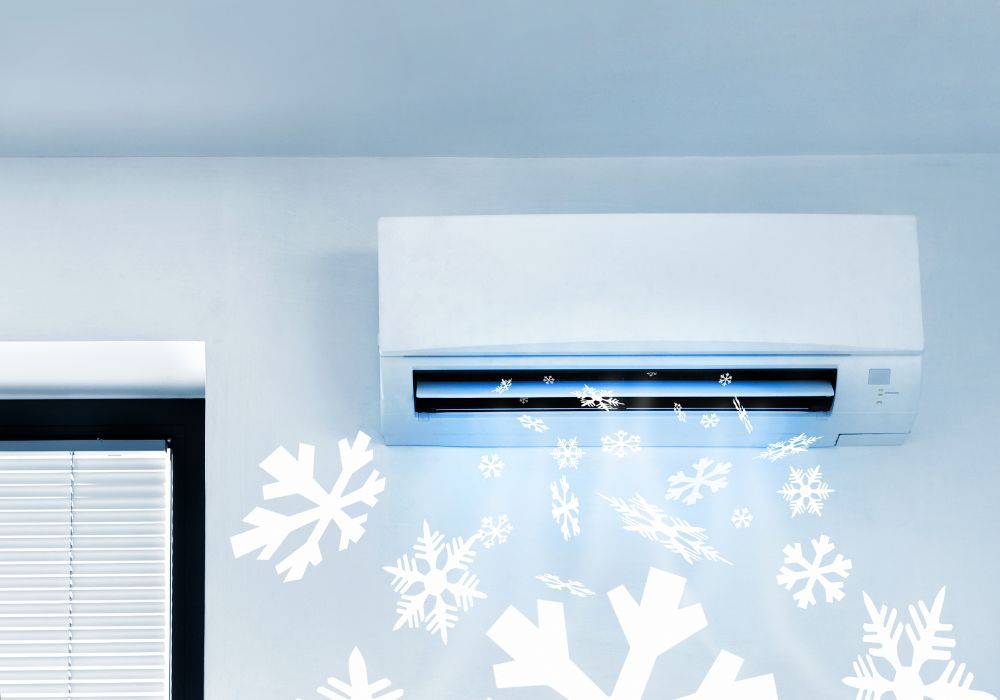
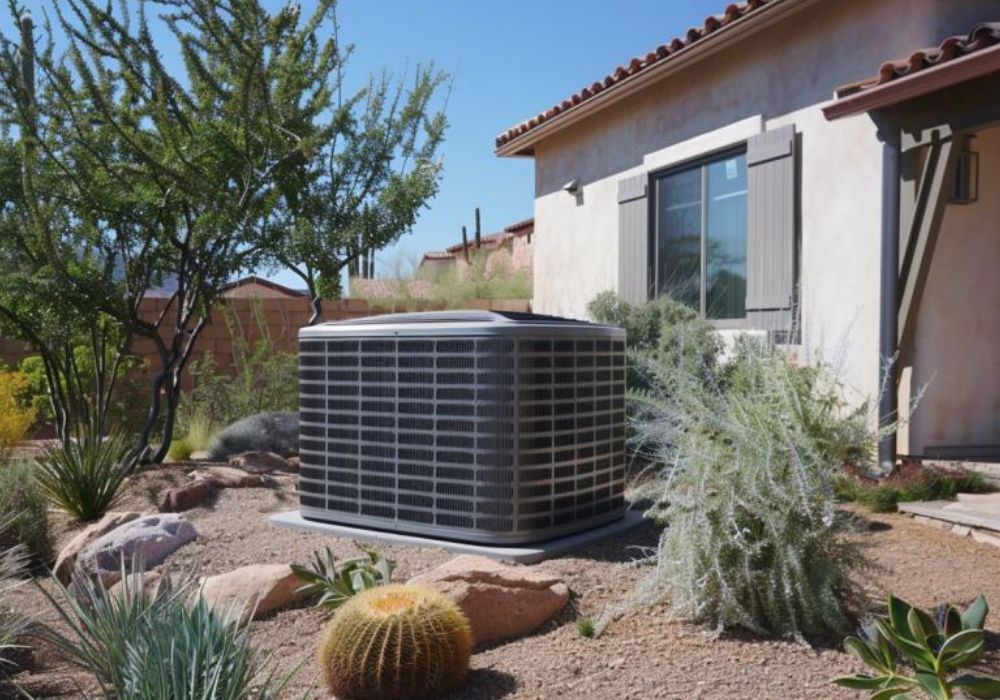
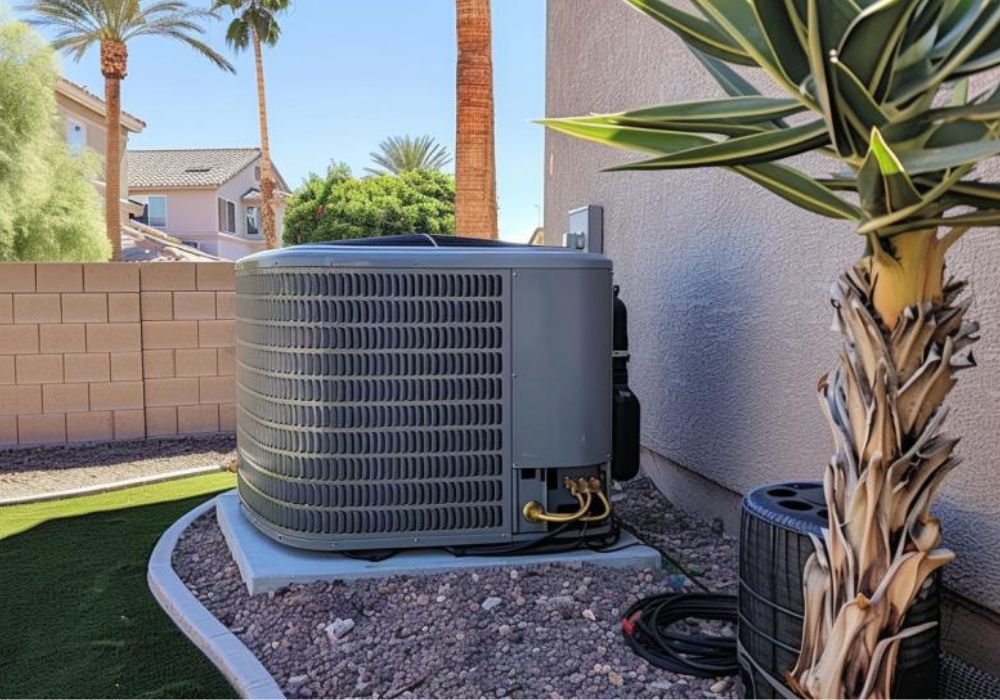
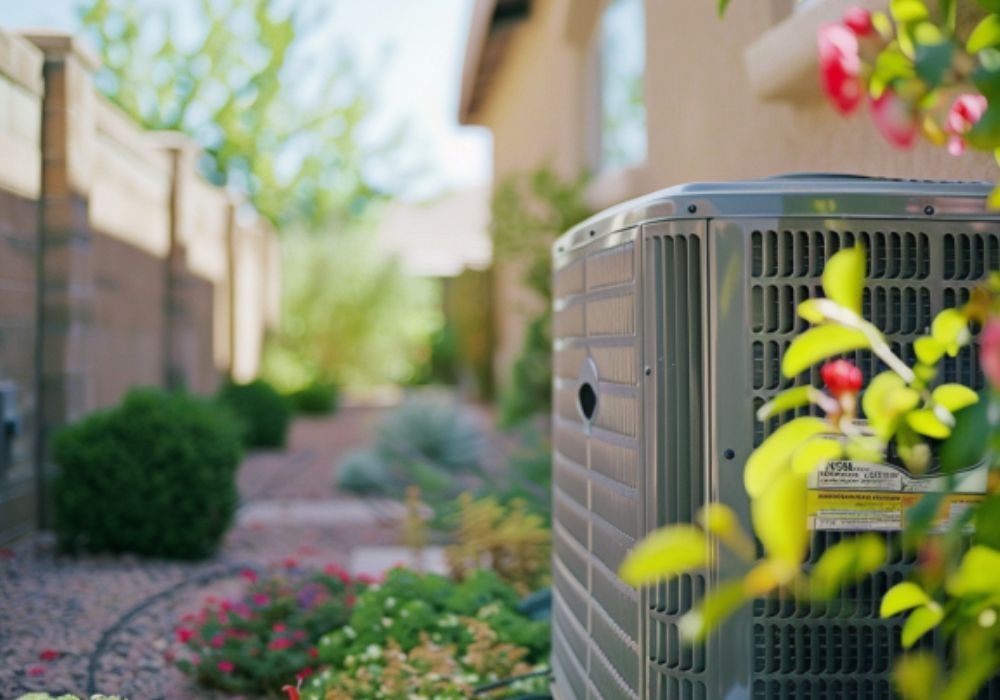
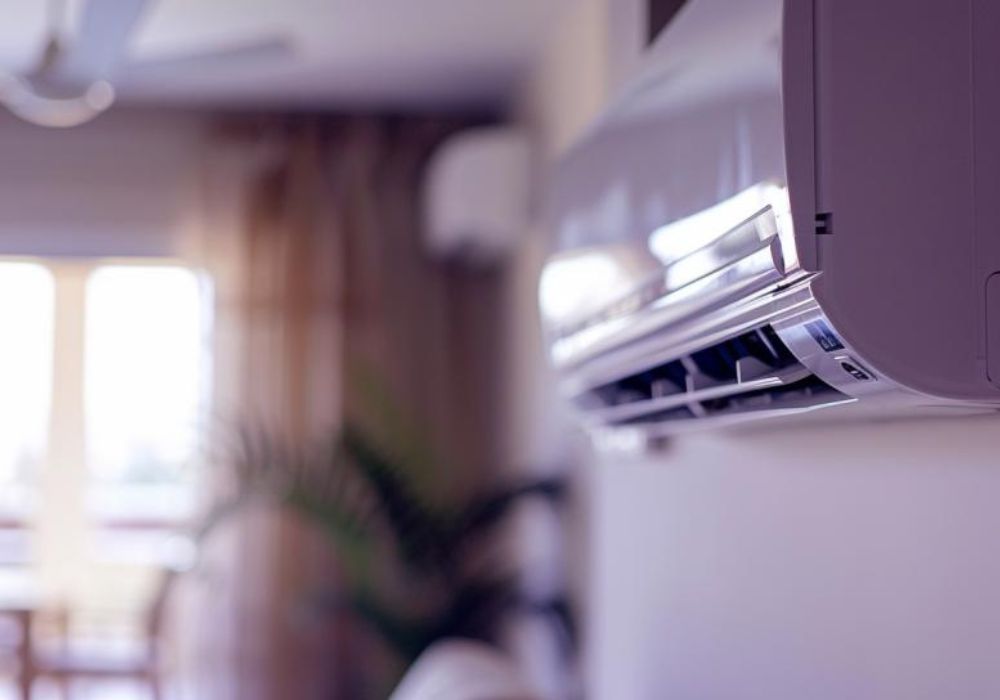
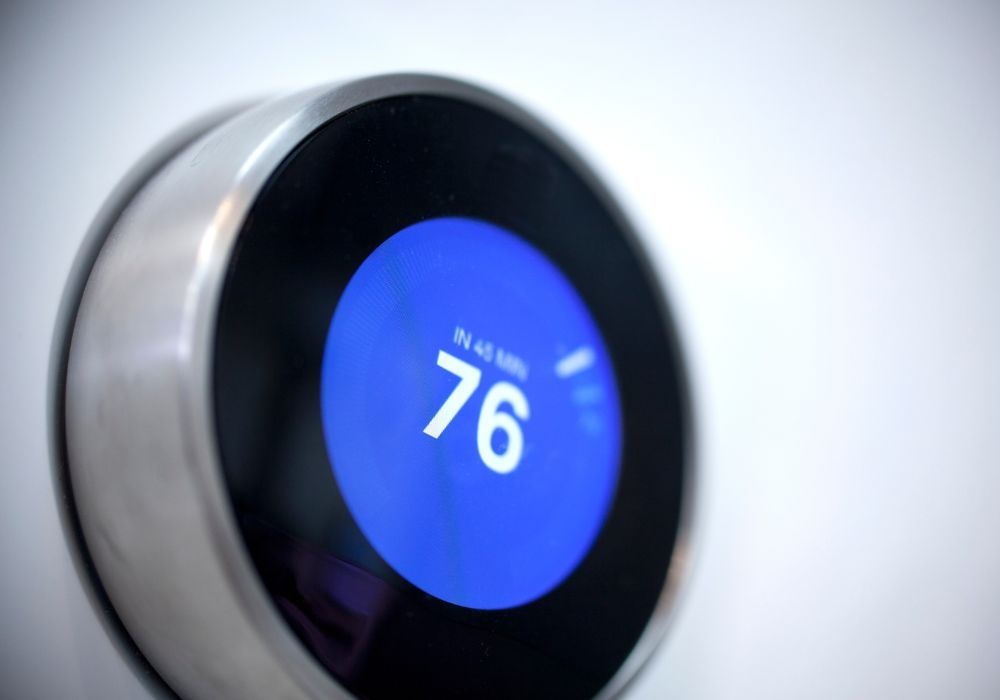
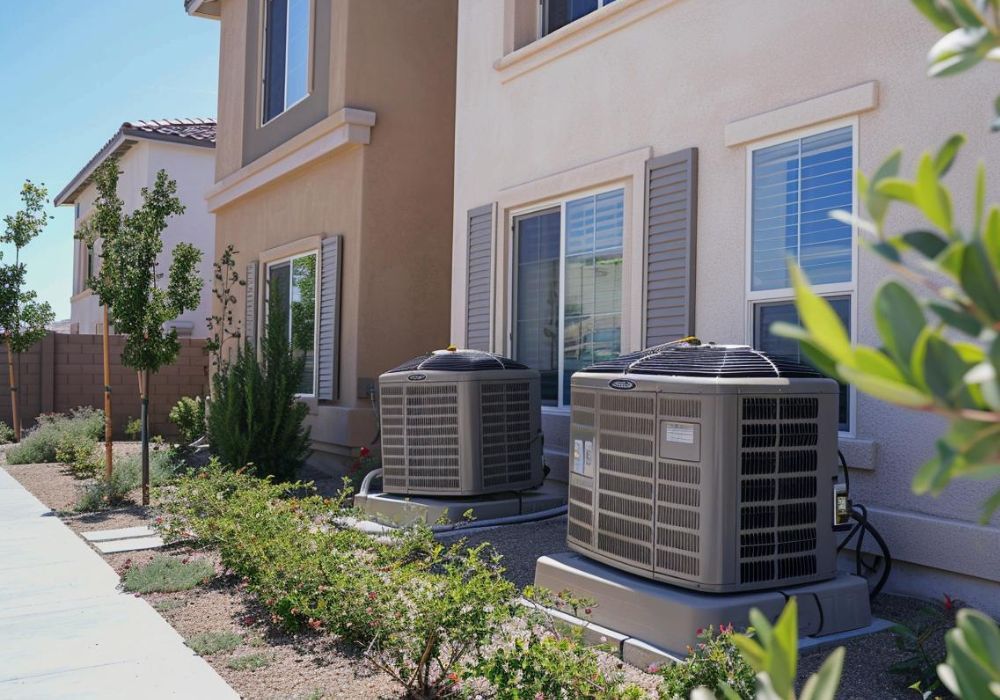
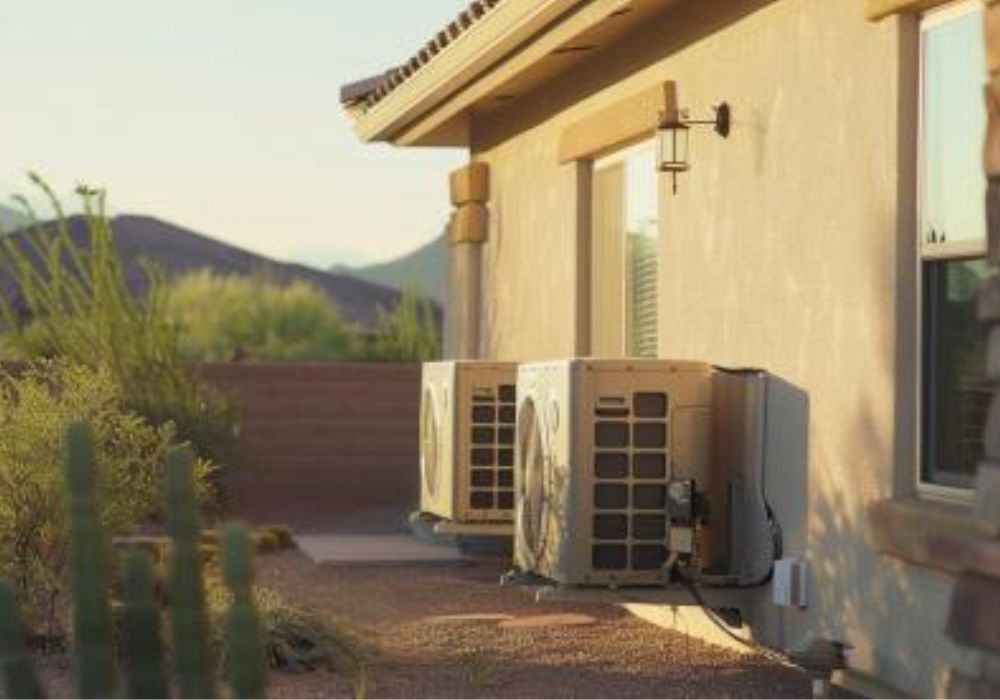
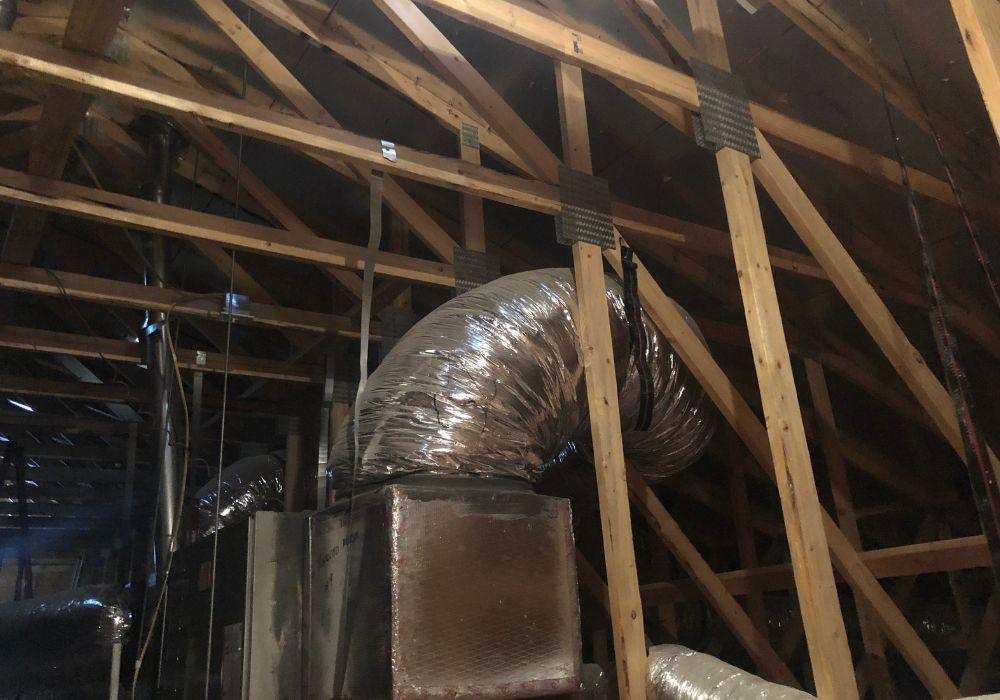
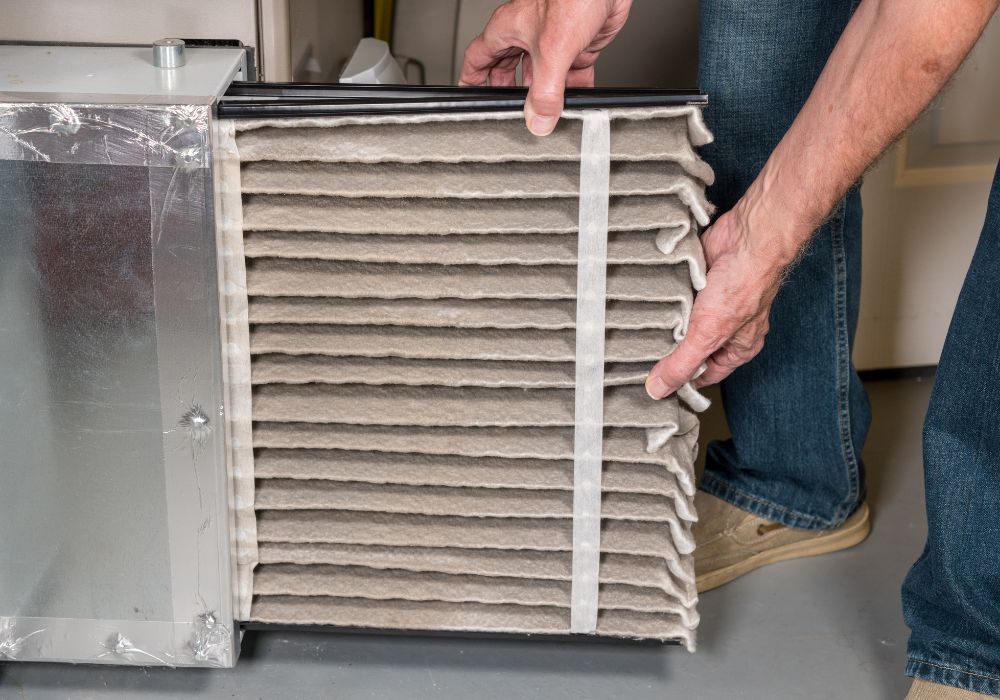
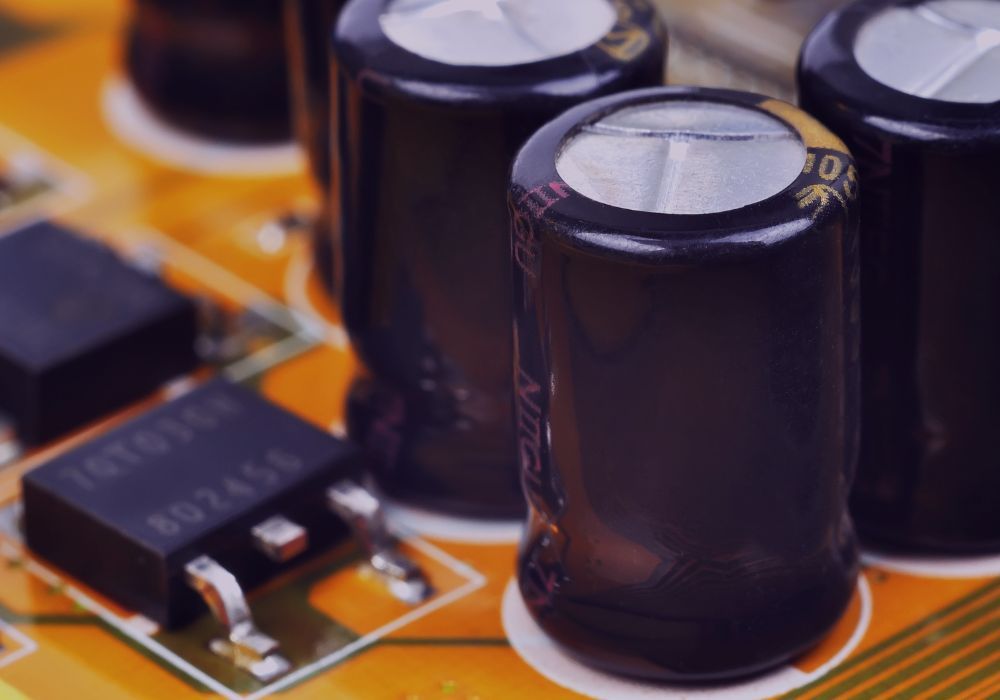
Leave a Reply